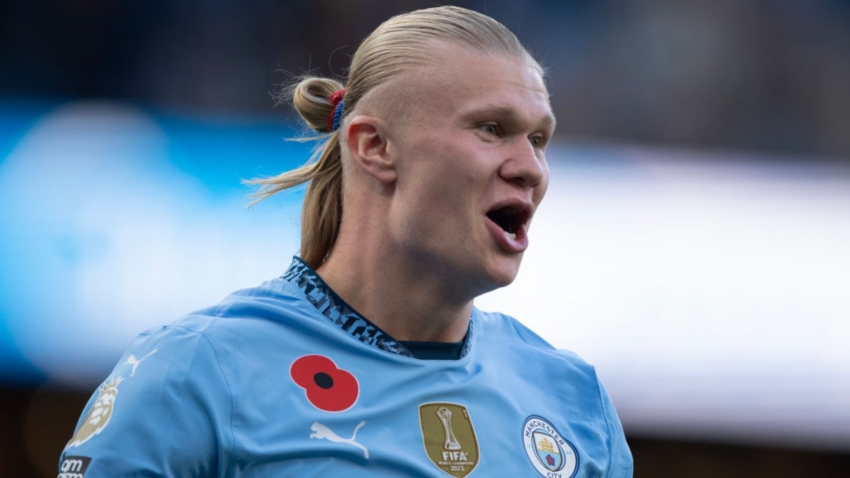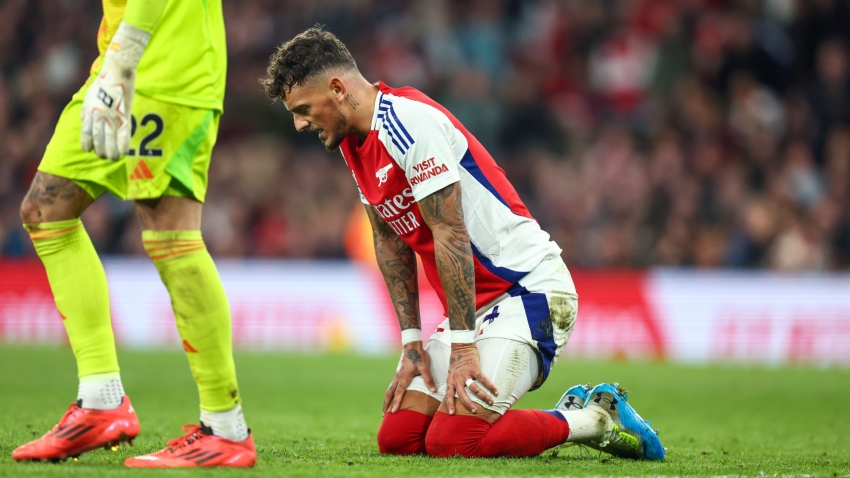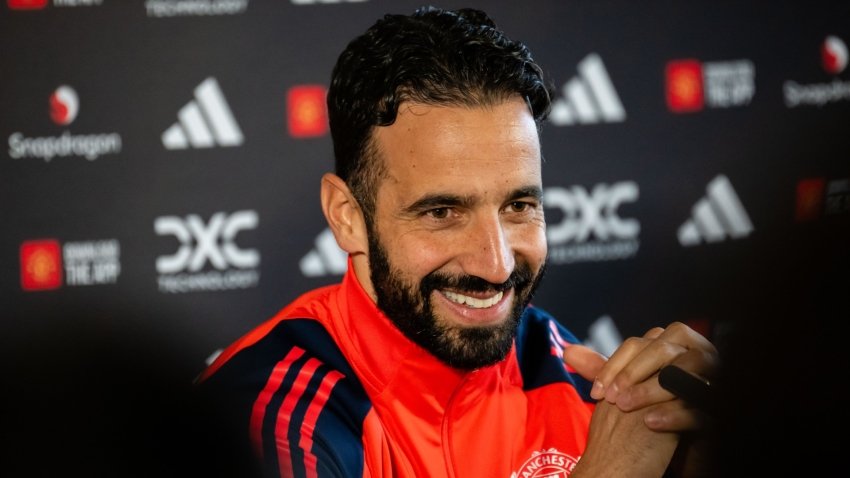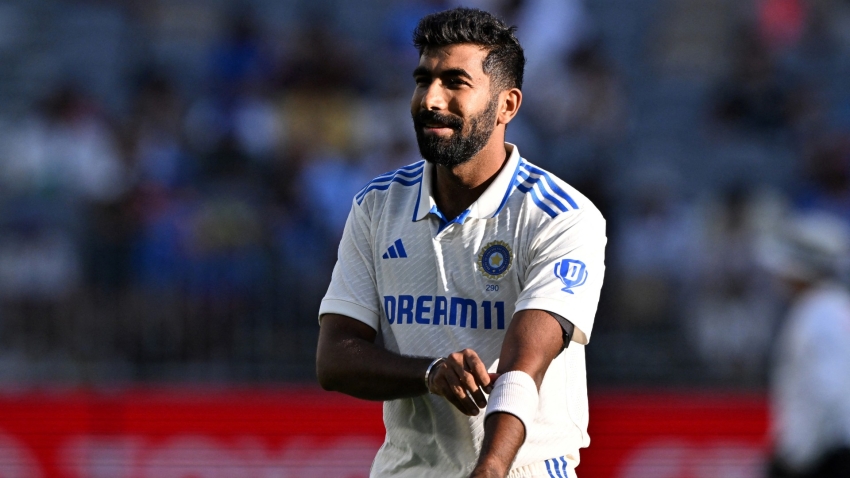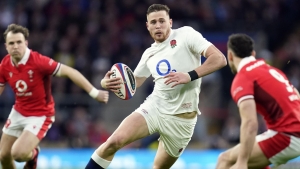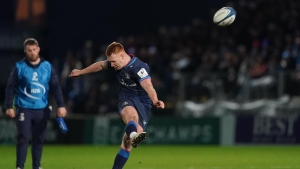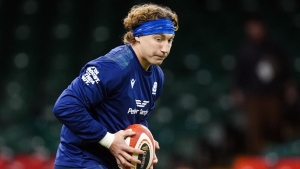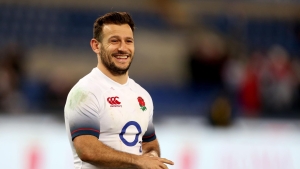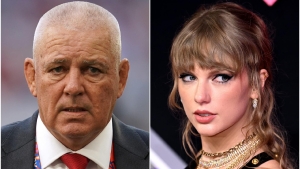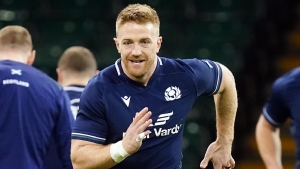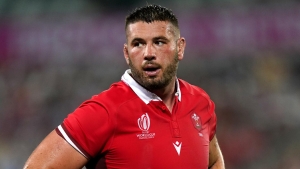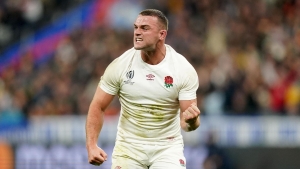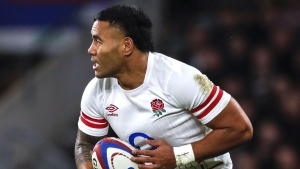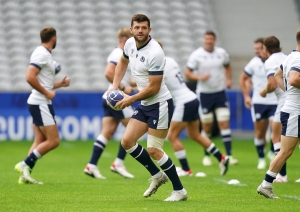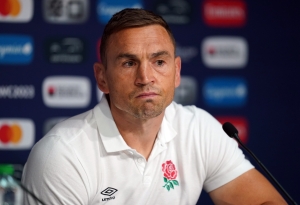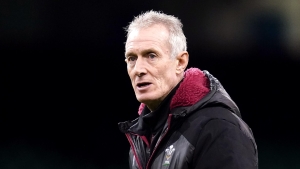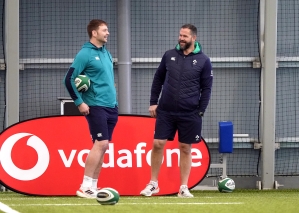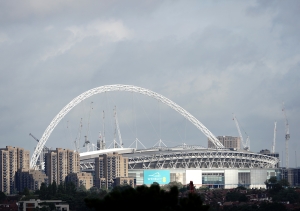Rob Howley says Wales will aim to create rugby chaos when they face what most people believe is mission improbable against Ireland on Saturday.
Wales have not won a Guinness Six Nations game against Ireland in Dublin since 2012, drawing one and losing four of the subsequent fixtures.
Ireland are chasing back-to-back Grand Slams – a feat never previously achieved in the Six Nations – and have taken pole position following emphatic bonus-point victories over France and Italy.
Andy Farrell’s team will also equal a record, currently held by England and set seven years ago, of 11 successive Six Nations wins if they topple Wales.
“The challenge for us is making them as uncomfortable as we can, for every minute that we can do that, and ask different questions of them,” Wales assistant coach Howley said.
“I think if we can be comfortable in a chaos game and challenge them, because they are very well organised. We need to create chaos. Everyone reacts differently under pressure.
“We have to be able to create pressure on both sides of the ball on Saturday, for 80 of those one-minute games. If we can do that, it is 23 against 23 at the end of the day.
“It is our ability to create pressure on both sides of the ball, our ability to be clinical when we need to be. There might only be two or three opportunities, and we have to be clinical and ruthless.
“Against a world-class side that hasn’t been beaten, you have to be on it for 80 of those one-minute games.
“They (Ireland) have come out of the World Cup probably with a slight disappointment, knowing Andy Farrell and how he drives their coaching team.
“It’s a great opportunity to go to Dublin and face a formidable side. It is something we are looking forward to, and we will look to challenge them at every opportunity.”
Fly-half Sam Costelow has been recalled to the Wales starting line-up for Saturday’s clash.
The Scarlets number 10 went off because of a neck problem suffered when Wales were beaten 27-26 by opening Six Nations opponents Scotland.
He was replaced by Ioan Lloyd, who started at fly-half in the Twickenham appointment with England, but Costelow now returns as a solitary change from that game.
Elsewhere, there are further starts for squad newcomers Cameron Winnett and Alex Mann, with centre George North winning his 120th cap and becoming only the third Wales player to reach that mark after Alun Wyn Jones and Gethin Jenkins.
Uncapped Cardiff back-row forward Mackenzie Martin, meanwhile, features on the replacements’ bench.
The 20-year-old is in his first full season of professional rugby and totals just nine Cardiff appearances, but he is now set to make a Test debut at the Aviva Stadium.
Howley, who served as Wales attack coach from 2008 to 2019, is back involved with the national squad this season following his ban for breaching betting regulations.
He was forced to step back from the game in the build up to the 2019 World Cup when his betting activity came to light, resulting in an 18-month ban from rugby, half of which was suspended.
“I am so grateful to the coaches, and Warren (Wales head coach Warren Gatland) in particular, to think of me and bring me back into the fold,” Howley said.
“Every time I’ve been out with my family, it is the first time my girls have smiled for a pretty long time. The public have been fantastic in terms of what they have said to me.
“I am so lucky and glad to be back in a role I have loved for a long period of time.”









